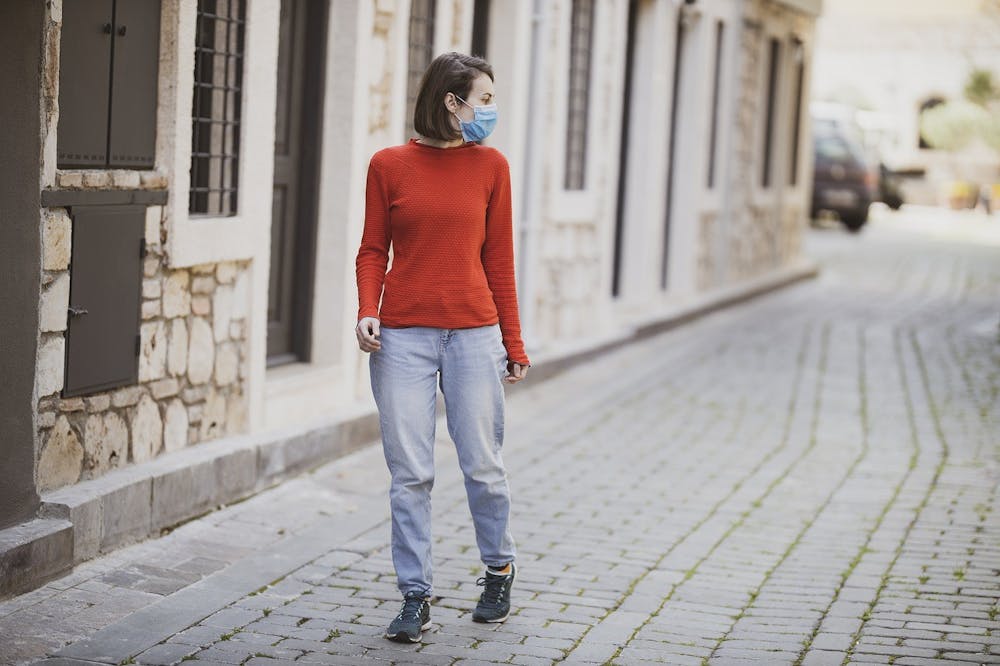A tweet went around this week saying that if you don’t come out of quarantine with a new skill or more knowledge, “you didn’t ever lack the time, you lacked the discipline.” It was a harmful manifestation of the paradox we all face right now: sitting at home, you think you should be doing more, but you feel like doing less. It’s time to turn off autopilot and realize the gravity of the reality we find ourselves in: a historically devastating pandemic and an economy in freefall. This isn’t normal.
As Princeton students, we are used to powering through adversity, accustomed to blocking out the outside world to achieve what is necessary. The pressure to act as if everything is normal is embedded in our university culture. That was one of the arguments for a universal pass/D/fail policy made by the Editorial Board a few weeks ago — to change the framing of the semester to be about learning rather than grades. But here we are, preparing to write Dean’s Date papers and take final exams as usual.
Regardless, the reality is we are living through an extraordinary time, one in which our usual supports — friends, family, community — are cut off. It isn’t a break or a time to get away from it all; the pandemic, spreading invisibly around the country and the world, creates a sensation of being in the eye of a hurricane, in which nothing and everything is happening at the same time. That isn’t an environment conducive to self-growth or self-improvement.
First, the University dropped the ball on its end by proceeding with academic business as usual. A universal P/D/F policy would have relieved pressure on students and professors, allowing everyone to breathe, collect themselves, and do the best they can within this unprecedented moment. What we have now are inconsistent expectations across classes, and the usual stress of a Princeton semester compounded by the stress of a historic world event.
There’s a very unsettling dissonance between watching the news with death tolls rising and the abdication of responsibility by government officials, and then going to my room to read about the Stamp Act Congress. But this is the situation in which we find ourselves, so the question is what to do within this context.
The most important thing to do is release pressure on ourselves — we have enough weight of expectations from our academic responsibilities. It’s okay not to have the energy after a long day of Zoom classes.
I’ve found it helpful to create a routine for yourself so you have something to work towards throughout the day — but adapt that routine to the reality we’re living in. Prioritize your health, mental as well as physical. It’s easy to let classes and work pile up because it’s all online; make sure you build in breaks and time to relax especially because of the challenge of virtual learning. It’s not procrastination to watch Netflix for an hour if that settles your mind. I’ve picked up the guitar my parents gave me for Christmas when I was five because it’s an old, low-stakes activity that focuses my mind on something other than the coronavirus crisis. I also watch a lot of Netflix. And that’s fine.
We’re not robots. We don’t live in bubbles. We are humans, living in hotspots, crowded apartments, isolated homes, and everything in between. We’re facing the same expectations without all the supports that made them manageable. This is not a normal time, and the very least we can do is cut ourselves a little bit of slack.

Julia Chaffers is a sophomore from Wellesley, Mass. She can be reached at chaffers@princeton.edu.









